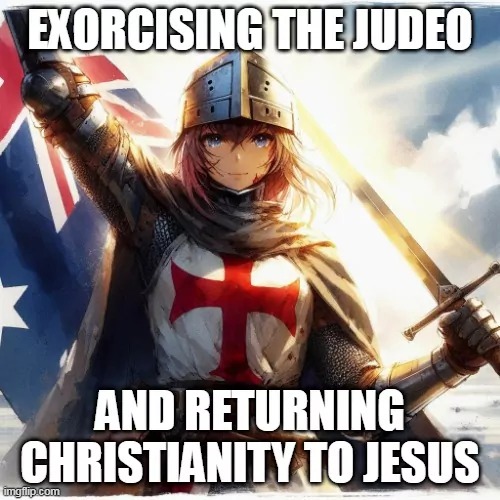By ツイン スモール (Urufu)
This is Part 2 of an interview with Thomas Lovell, who has published a new Jesus-focused translation of the Psalms. Part 1 of the interview can be read here.
Urufu: Moving past the “why”, let’s talk a bit about the “what”. What are the major differences in this translation to others?
Thomas: The first major difference people will notice is that there’s no verse numbers. These are a late addition to the Scriptures at any rate, and often in the psalms are put in place to make the flow of the poetry fit better. I worked much more on keeping the themes and ideas consistent through each psalm, meaning that for many it is more like poetic prose.
Urufu: I noticed also on review that there were some unexpected place names that turn up.
Thomas: They shouldn’t really be unexpected, because the names of places at the time of David and Solomon and later haven’t all remained the same. One example is that in psalm 60 I have translated “strong city of Edom” as “Petra” – because this is the modern name of the capital city and fortress of the Edomites. When the psalms talk about the Southern deserts of Judah I have identified the location by the modern name: the Negev.
Urufu: I saw that you have even included Britain. How did that come about?
Thomas: Ah well that one was some fascinating extra study. The name of the land of the kings in Hebrew is “Tarshish”, and that’s what most translations use. We know from both Biblical as well as Assyrian and Phoenician texts that Tarshish was the source of the all important metal of tin. It was the key industrial import to Mesopotamia which allowed the Bronze Age to happen. What was fascinating about this is that when spectral analysis of Mesopotamian bronze was conducted all of the tin came from Cornwall. From there its a pretty simple logical progression. The source of Mesopotamian tin is “Tarshish”, and the tin is from Cornwall. Therefore “Tarshish and the Islands” is Britain and the British Isles.
Urufu: One of the biggest surprises for me is how intimate having the names of persons of the Trinity makes some of these psalms. Have you had any feedback from that?
Thomas: Yeah, lots of people who reviewed some of my work as I went told me similar things. I think my favourite has been being able to give the correct name to David’s shepherd, like in psalm 23: “Jesus is my shepherd, I shall not want.”
Urufu: One other thing I noticed is that you have used Roman Numerals for your psalm titles.
Thomas: Ah yes. I had a long debate about whether or not to do that. I grew up with the King James and all of the chapters in my childhood bible were numbered with Roman Numerals. I finally decided on keeping that as a nod to my upbringing. There are a few other pieces of psalms which I have worked to keep in a particular structure or phrasing because that’s how I learned them by heart as a child. In those instances you’ll have to forgive me some nostalgia.
Urufu: I think we will all be able to do that. Is there any plans for a next project?
Thomas: I’m not sure at this stage. I guess if there’s some demand for other books I am not opposed. For me it has been a joy to spend so long in the Scriptures getting to know The Father, Jesus, and the Holy Spirit better as I do this. Maybe next will be a book of the minor prophets; some of the scriptures we don’t spend as much time dwelling in. I guess I will just have to wait and see where Jesus leads me.
———————————————————————–
The Trinity Translation of the Psalms is available for sale worldwide on Amazon.

